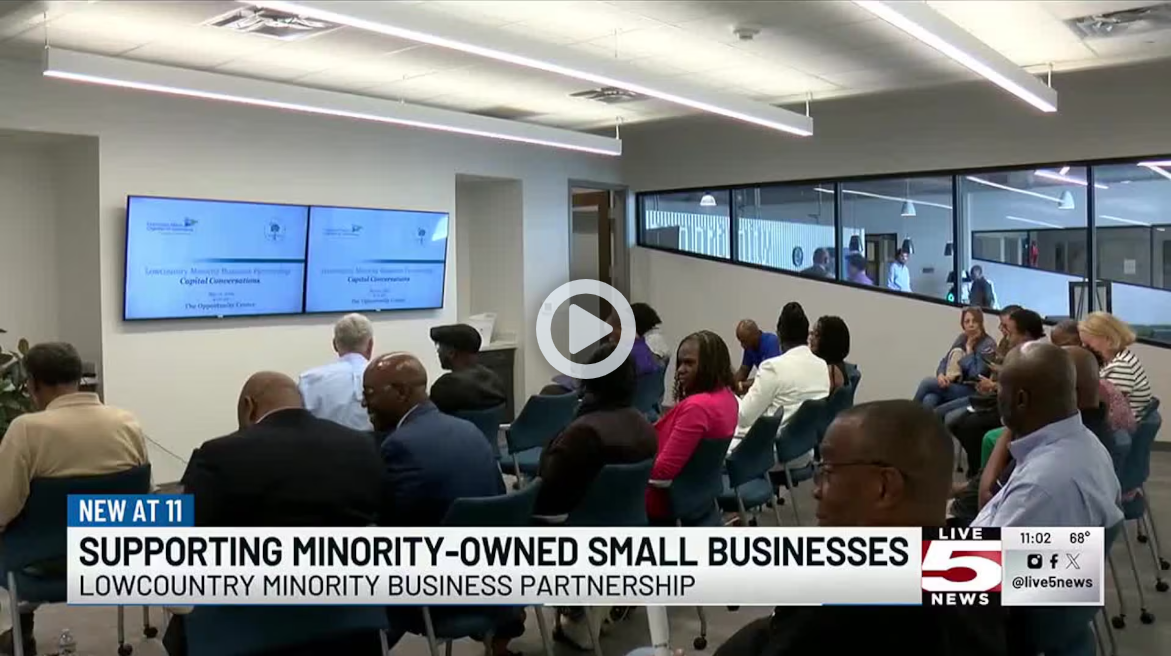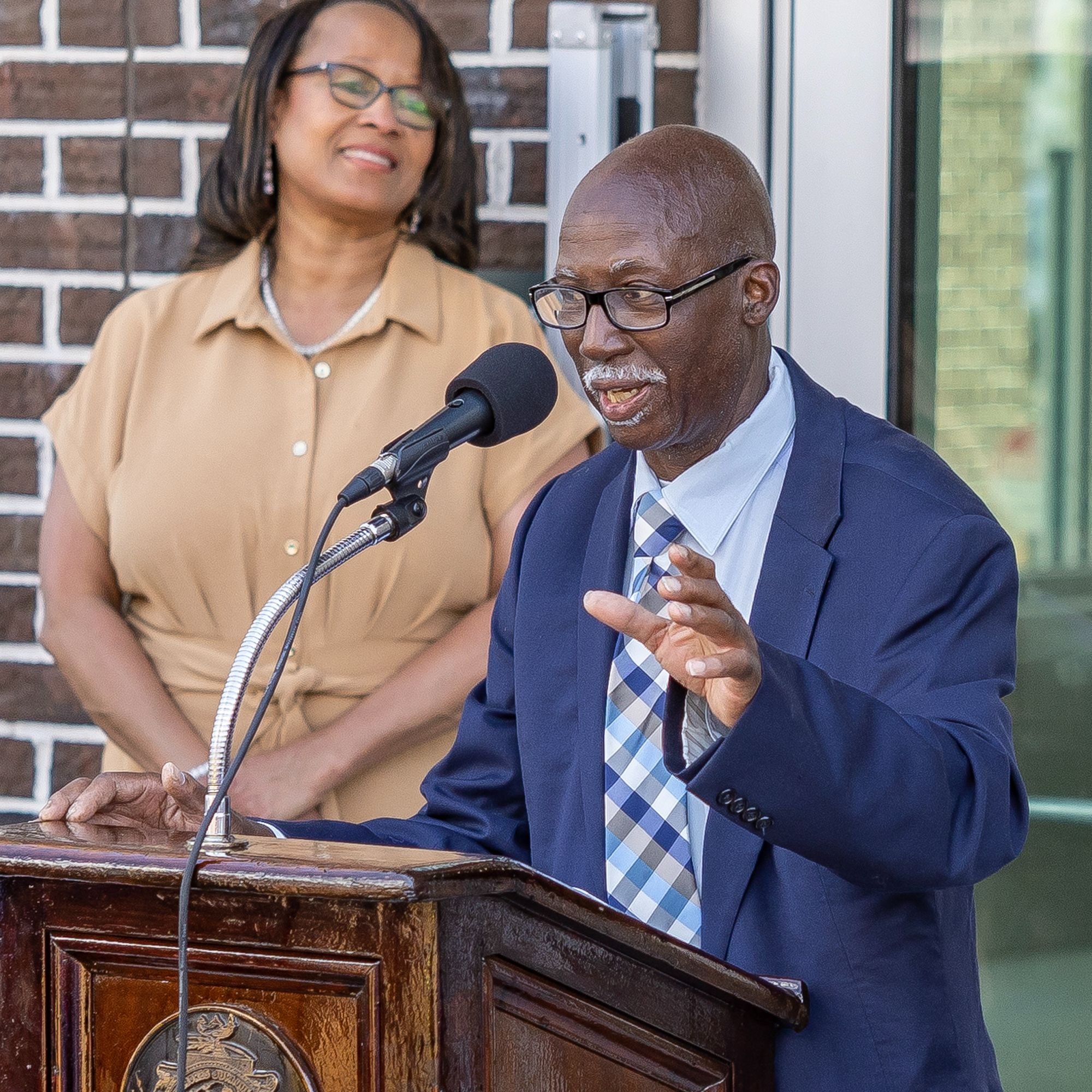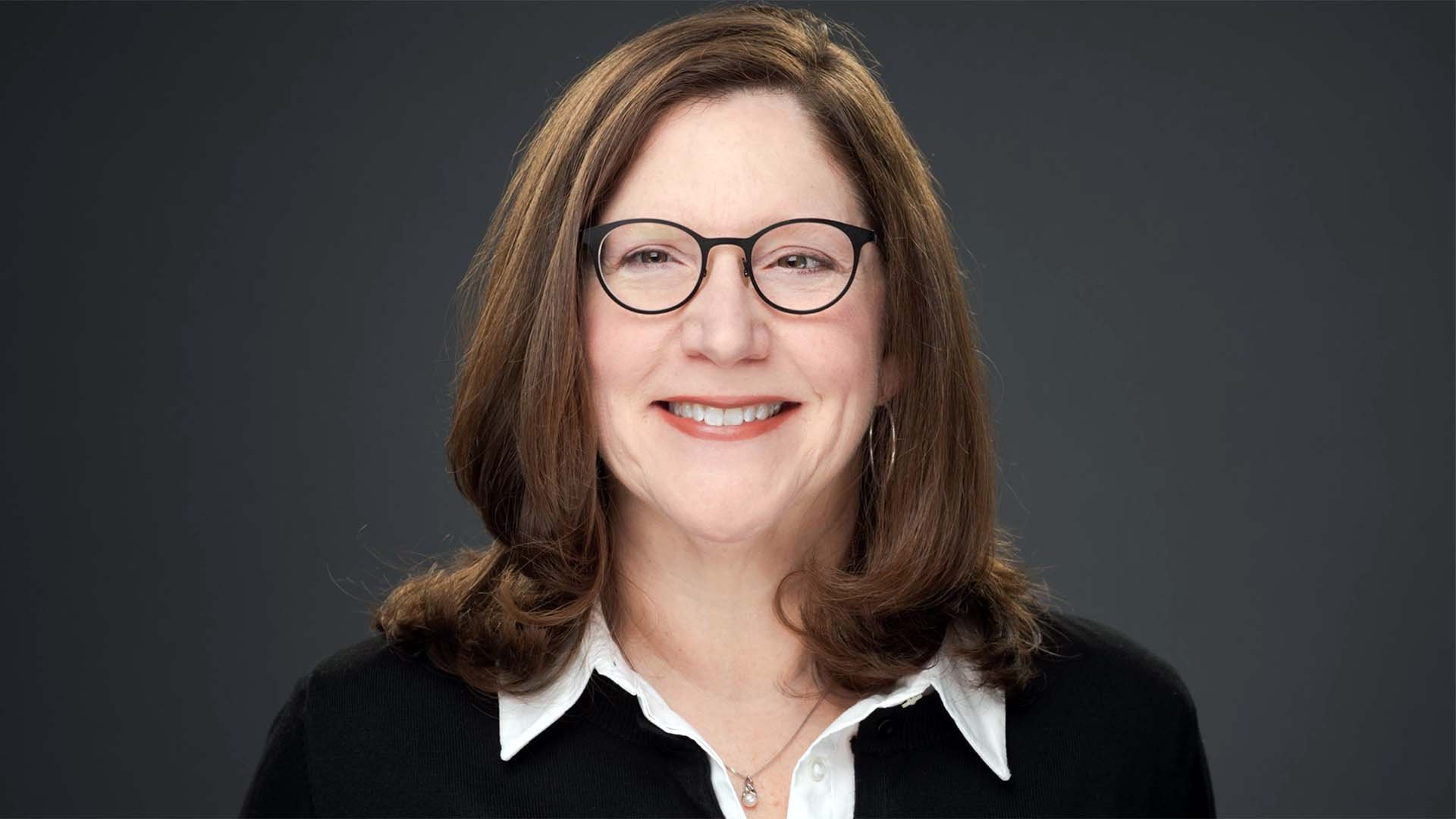NORTH CHARLESTON, S.C. (WCSC) - In honor of May being National Small Business Month, a special event Friday night focused on minority businesses in the Lowcountry.
The South Carolina Association for Community Economic Development, along with the Charleston Metro Chamber of Commerce, and the Coastal Community Foundation, hosted the Small Business Resource Mixer, Capital Conversations, at the Opportunity Center.
The event featured several resource providers who assisted entrepreneurs with operations, marketing, and accessing capital.
Cory Wallace, the owner of The Stag Pad, says shared resources are important.
“If you want to go somewhere fast, you can go by yourself. But if you want to go there and stay there and have longevity, you need a team. And it’s all about the ecosystem,” Wallace said.
Organizers introduced a new platform called the Ecosystem Resource Guide. This platform helps entrepreneurs find the specific agencies and resources they need to enhance their businesses.
Chantelle Broughton is the small and minority business development coordinator for the South Carolina Association for Community Economic Development. She says this platform closes the resource gap.
“So, for minority entrepreneurs, especially there’s just a gap and being able to access resources, but also to understand the resources that are available to us,” Broughton said.








